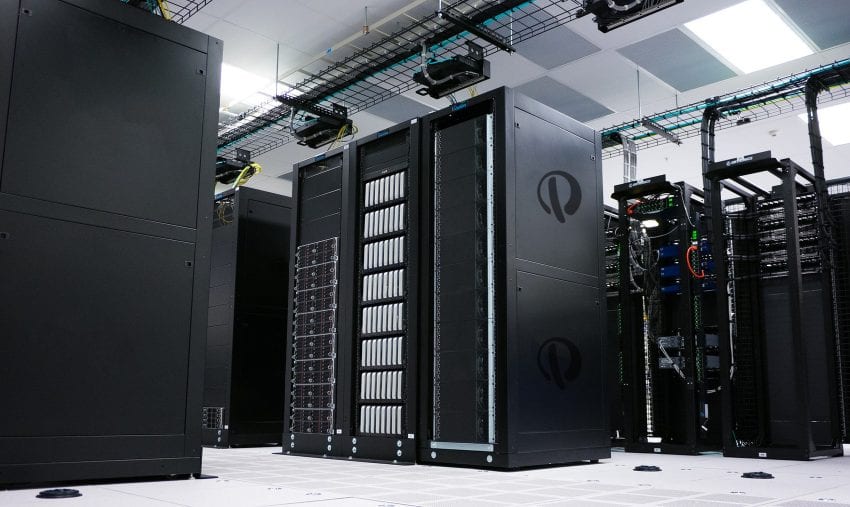In order for a website to be accessible, it has to be present on a server that is connected to the internet. In most cases, the web hosts spread more websites on a server to keep the costs down. While you get access to hosting services for lower prices, the provider has more clients. This is called ‘shared’ hosting. The obvious bad side here is the limited resources for each site. Some sites can live like this, while others need their own servers. These are called dedicated servers. A site may need its own server for different reasons:

– To access to more resources
– To perform better and faster
– To have improved security
– To have more customization options
For these additional services for a single site, a user has to pay more. Dedicated servers are much more expensive than shared hosting services, but if your website has grown a lot over the years and it shows signs of even more growth, you should invest in a dedicated server.
If you’re curious about colocation services, don’t hesitate to contact DataSiteColo.
Factors to Consider before switching to a dedicated server
1. The Location of your Server

The physical location of the server may seem not that important, but it actually matters a lot. With loading times, the location is crucial. The further the data center with your server is from your home, the longer it will take the site to load. With modern internet speeds, this is much more convenient than before, but still, you should try to get a close server host.
2. The Operating System (OS) of the Server

Just like a computer, the OS has to interact with the server as well. Here, Linux is the go-to solution because it offers more control over everything than Windows. In addition, it is also more secure which is one of the most important things when running a dedicated server. However, Windows also offers OS solutions for dedicated server hosting, and they are somewhat friendlier to the beginners. IF you do not want to tinker around, have your host run their default options and let the support do it for you.
3. Managed or Unmanaged Dedicated Hosting Plan

There are two main types of hosting plans here, managed and unmanaged, and they determine how much control you have over configuration, settings, and everything else.
Managed solutions are those that are taken care of completely by the provider. You will not need to do anything yourself. With unmanaged hosting, the users who want to have full control over the hosting experience can do all of the maintenance and security themselves. You are fully free to configure and use the dedicated server as you use any other computer. This is not for everyone, but it is a nice option to have for those who want it. When it comes to the cost, managed plans are much more expensive, but they are worth the buck because of the smooth sailing you get alongside with it.
Conclusion
After you have made peace with all of the reasons why you need a dedicated server, and after you have determined what kind of a plan you need, it is time to upgrade your website and have a server of your own. One of the best places to get a dedicated server is cherryservers.com. Visit them for more information.
An unmetered dedicated server is a type of hosting solution that allows you to use as much bandwidth as you need without incurring any additional fees. This is in contrast to metered dedicated servers, which limit the amount of data you can transfer each month and charge you for any overages. With an unmetered server, you can enjoy faster load times, higher website availability, and more predictable costs. It’s an ideal choice for businesses and organizations that require high levels of data transfer or have high-traffic websites. When selecting an unmetered dedicated server, it’s important to consider factors such as server specifications, support, and security to ensure you’re getting the best possible value.









